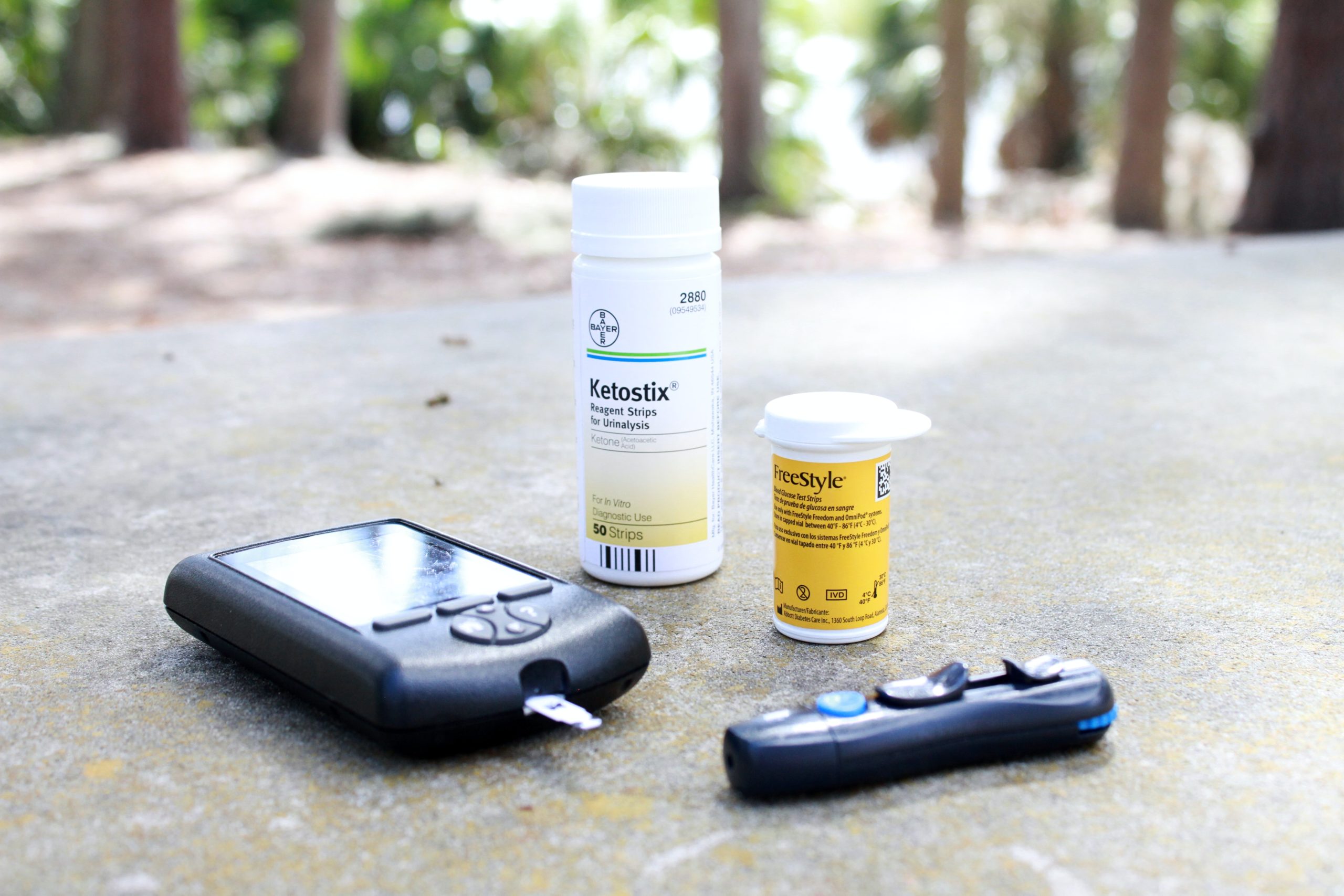Insulin is a hormone secreted by the pancreas, a gland located behind the stomach that controls blood sugar. Carbohydrates are broken down during digestion to the simplest sugar, glucose. Insulin regulates how much glucose stays in the blood and how much gets into cells. If insulin levels are too high or too low, blood sugar levels shift erratically. High blood sugar levels (hyperglycemia) lead to diabetes. Low blood sugar (hypoglycemia) causes muscle weakness, headaches, sweating, tremors and mental confusion.
Many people develop a condition where insulin is blocked from carrying glucose into the cell. We say the cells have become “insulin resistant”. This occurs mainly in the liver, muscle, and fat cells. The pancreas responds by producing more and more insulin to overcome this resistance. Abnormally high insulin levels lead to abdominal weight gain, problems with cholesterol and triglycerides, fatty liver, high blood pressure, gout, and polycystic ovaries. At least 75% of overweight Americans have some degree of insulin resistance.
As you become more overweight, insulin resistance worsens. By the same token, the more weight you lose, the less insulin resistant you become. “Virtually all overweight people are insulin resistant.” (Yale University-Gerald Shulman) Insulin resistance leads to a cluster of health conditions that increase your risk of heart attack, stroke, and diabetes.
You have this syndrome if you have any three of the following conditions:
- Increased weight gain around your abdomen with a waist measurement of 35 inches or more for women and 40 inches or more for men.
- Triglycerides higher than 150 milligrams/deciliter
- HDL (good) cholesterol below 50 milligrams/deciliter for women and 40 milligrams/deciliter for men.
- Blood pressure of 130/85 millimetres of mercury or higher.
- High fasting blood glucose level of 100 milligrams /deciliter or higher.
Insulin resistance affects more than half of American adults and children. Hereditary predisposes many people to this condition. Eating excess amounts of sugary, refined foods, and saturated fats intensify this problem. Combining these with the lack of sufficient exercise makes the insulin-resistant syndrome the worst health epidemic in the U.S. today.
Insulin resistance is one of the underlying causes of Type II Diabetes. Type ll diabetes increases your chances of heart attack stroke, kidney failure, blindness, vascular injury and nerve damage. Health advisors warn if we do not make drastic lifestyle changes now one out of every two American adults and children will develop type ll diabetes over the next twenty years.
The average life span will shorten by as much as 20 years. Instead of living to the average age of 84, most Americans will die in their mid-60’s from complications of diabetes. Insulin resistance and prediabetes usually have no symptoms. The role of Functional Diagnostic Medicine is to get to the root cause of health conditions such as insulin resistance and determine how and why it developed and to nudge the body back to normal physiology



